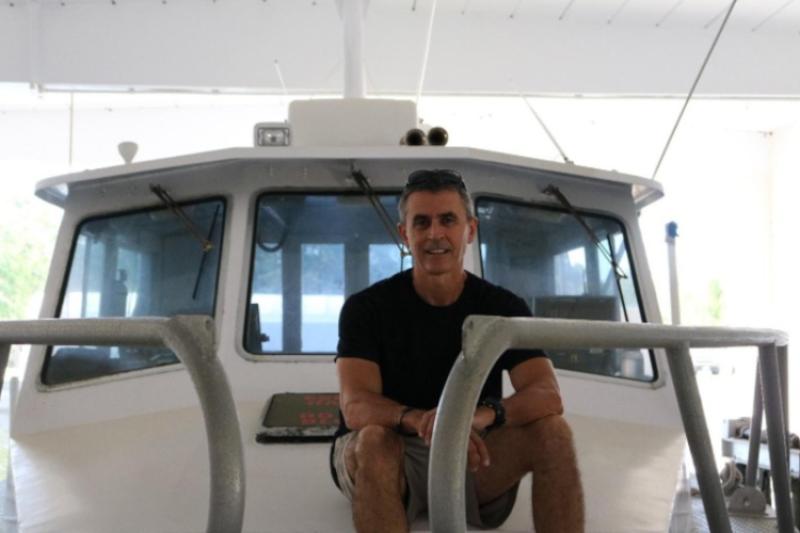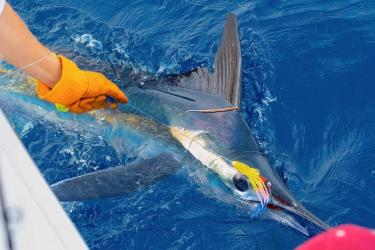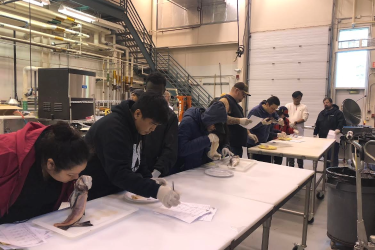Where did you grow up?
I was born and grew up in Barcelona, Catalonia, Spain.
Where did you go to school and what subject did you get your degree(s) in?
I got a bachelor's degree in biology from the University of Barcelona in Spain, a master’s degree in biology and living resources from the Rosenstiel School of Marine and Atmospheric Science (RSMAS) of the University of Miami, and a Ph.D. in animal biology from the University of Barcelona.
How did you come to work at the Southeast Fisheries Science Center?
While doing a postdoc at Mote Marine Laboratory in Sarasota, Florida in the mid-1990s, I started to get involved in shark stock assessment work and came to know some of the people who worked at the science center (several of whom I already knew from graduate work at RSMAS). Later there was a need for a scientist who would be dedicated to shark stock assessment and I got that job.
What do you do at the science center?
I lead the Shark Stock Assessment Group. With different colleagues throughout my tenure, we have been conducting domestic and international shark stock assessments for the U.S East Coast since 1998. I also do research on shark population dynamics and quantitative conservation biology as time allows.
What do you like most about your position?
That it is challenging and multidisciplinary. It involves biology, knowledge of the fisheries, math, statistics, computer programming, and communication skills.
What do you like to do outside of work?
I like to read books on all kinds of different subjects when I have some time. I also enjoy traveling and kayaking. For sports, these days I do calisthenics and tennis.





